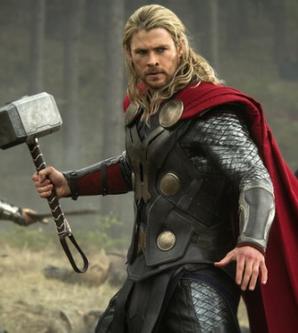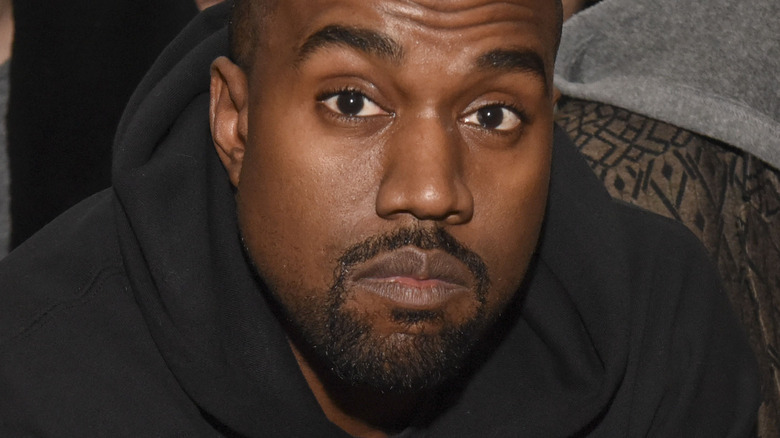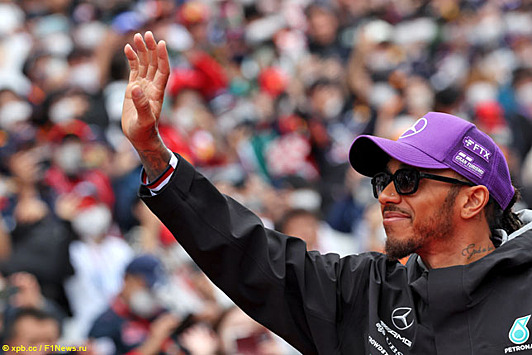Assessing Marvel's Cinematic Universe: Areas For Improvement In Film And Television

Table of Contents
Over-Reliance on Familiar Formulas
The MCU's immense popularity has, in part, been built on a foundation of familiar tropes and storytelling structures. However, this reliance on familiar formulas risks leading to creative stagnation and audience fatigue.
Predictable Plot Structures
Many MCU projects follow a similar three-act structure, resulting in a sense of predictability. Viewers crave more originality and narrative risk-taking. This predictability extends to various aspects:
- Overuse of the "chosen one" trope: The constant recurrence of a seemingly ordinary individual destined for greatness feels worn. More nuanced character arcs are needed, showcasing individuals with flaws and complexities.
- Lack of substantial character development beyond the main heroes: Secondary characters often lack depth and agency, serving primarily to support the main protagonists. Giving supporting characters more compelling storylines and arcs would significantly enhance the narrative richness.
- Predictable villain motivations and backstories: Villains often lack compelling motivations, reducing their impact and making their conflicts less engaging. Exploring more complex moral ambiguities and internal struggles within antagonists would add depth.
- Limited exploration of complex moral dilemmas: The MCU often presents simplified moral choices, neglecting opportunities for intricate ethical considerations and gray areas. Introducing more morally ambiguous situations would foster richer discussions and engage viewers on a deeper level.
Fatigue from Constant Crossovers
While interconnectedness is a significant strength of the MCU, the constant crossovers and cameos can feel forced and detract from individual stories. A more balanced approach is needed.
- Oversaturation of characters leads to diluted impact: The sheer number of characters introduced can make it difficult to connect with each one individually, diminishing their impact on the narrative. Prioritizing fewer, more developed characters would lead to stronger emotional connections.
- Cameos sometimes feel like mere fan service rather than serving the plot: While fan service is appreciated, it shouldn't overshadow the main plot. Cameos should contribute meaningfully to the narrative, not merely exist as Easter eggs.
- The need for standalone stories to allow for creative breathing room: Standalone stories, independent of the larger MCU narrative, can allow for more creative experimentation and innovative storytelling, enriching the overall cinematic universe.
Inconsistency in Quality Across Productions
The MCU's expansive nature has resulted in a noticeable inconsistency in quality across its various productions. Some projects shine brightly, while others fall short.
Varying Levels of Writing and Direction
The difference in quality is often attributable to variations in writing and direction. Strengthening these areas is crucial for maintaining a consistently high standard.
- Need for more creative control for individual directors and writers: Giving directors and writers more creative freedom could lead to more distinctive and memorable films and shows.
- More rigorous script development and editing processes: A more robust script development process, coupled with thorough editing, would improve the overall quality of storytelling.
- Stronger focus on character arcs and emotional resonance: Prioritizing compelling character arcs and emotionally resonant moments would make the stories more relatable and impactful.
Balancing Television and Film
The integration between the MCU's film and television productions needs improvement to avoid inconsistencies and conflicting narratives.
- Improved communication and collaboration between film and television production teams: Enhanced communication is essential to ensure consistent character development and storyline across all mediums.
- Consistent character development across all mediums: Characters should maintain consistent traits and motivations across films and television shows.
- Avoiding contradictory storylines: Carefully planned narratives are needed to avoid contradictions that undermine the overall MCU experience.
Lack of Diversity and Representation
The MCU's shortcomings extend to representation both on and off screen. This needs significant improvement.
Underrepresentation of diverse voices behind the camera
Greater diversity behind the camera is essential for more inclusive and authentic storytelling.
- Need for more diverse directors, writers, and producers: Actively seeking out and hiring diverse creative professionals is paramount for better representation.
- Actively seeking out and promoting diverse talent: Marvel needs to actively work to find and support diverse voices in the industry.
- Ensuring representation extends beyond tokenism: Representation shouldn’t be superficial; it must be integrated into the core of the narrative and character development.
Limited exploration of diverse cultural backgrounds
The MCU often lacks the depth and richness of diverse cultural backgrounds, leading to a homogenized experience.
- Exploring a wider range of global cultures and perspectives: Introducing stories and characters from various cultures will broaden the appeal and relevance of the MCU.
- Developing characters with nuanced cultural identities: Characters should be fully realized individuals with complex cultural backgrounds and identities.
- Avoiding cultural appropriation and stereotypes: It's crucial to represent cultures authentically and respectfully, avoiding harmful stereotypes and appropriation.
Conclusion
The Marvel Cinematic Universe's continued success hinges on its ability to adapt and evolve. While its impact on popular culture is undeniable, addressing issues such as formulaic storytelling, inconsistent quality, and limited diversity is essential for maintaining its momentum and capturing new audiences. By prioritizing originality, improving quality control, and embracing diverse voices and perspectives, the MCU can solidify its position as a leader in cinematic storytelling and ensure its continued dominance. To help improve the Marvel Cinematic Universe, thoughtful consideration of these points is crucial. Let's continue the conversation about enhancing the future of the Marvel Cinematic Universe.

Featured Posts
-
 Public Scrutiny Of Kanye Wests Relationship With Bianca Censori
May 05, 2025
Public Scrutiny Of Kanye Wests Relationship With Bianca Censori
May 05, 2025 -
 Fallica Criticizes Trumps Subservience To Putin
May 05, 2025
Fallica Criticizes Trumps Subservience To Putin
May 05, 2025 -
 Lili Ferstappen Rozhdenie Docheri Gonschika Formuly 1
May 05, 2025
Lili Ferstappen Rozhdenie Docheri Gonschika Formuly 1
May 05, 2025 -
 Canelo Explains His Annoyance With David Benavidezs Approach
May 05, 2025
Canelo Explains His Annoyance With David Benavidezs Approach
May 05, 2025 -
 Britains Got Talent News On Teddy Magics Rescheduled Act
May 05, 2025
Britains Got Talent News On Teddy Magics Rescheduled Act
May 05, 2025
